The digital age has also created new competitors for the press. Most notably, competition from social media platforms, where anyone can do the work of a journalist.
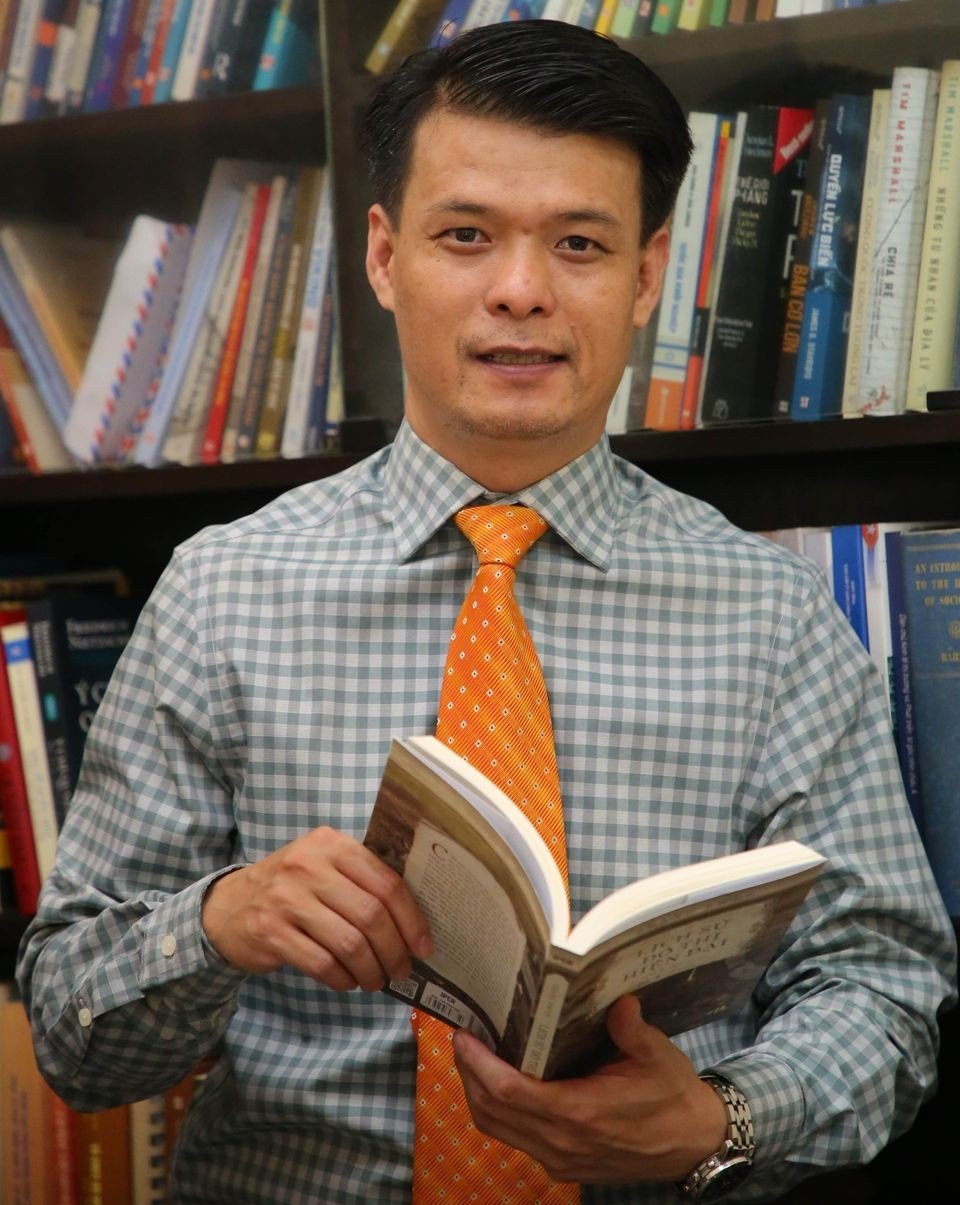 |
| Dr. Nguyen Van Dang believes that the digital age also creates competitors for press institutions. |
Press institutions
Appearing in Germany in the early 17th century, the first printed newspapers performed the most classic function of journalism: “informing”. Since the late 1970s, the digital age has enabled journalism to make revolutionary changes.
The combination of personal computers, the Internet and smartphones has brought journalism closer to a readership that is no longer limited by space and time.
Electronic newspapers with their superior advantages have quickly taken over the position of traditional printed newspapers.
On the digital platform and Internet connection, journalism genres are increasingly diverse, presented attractively, meeting the needs of readers with increasingly advanced levels.
Because of that, modern, dynamic and convergent newsrooms with multimedia communication methods are gradually replacing traditional newsrooms, which are becoming increasingly monotonous and inflexible.
The power of the press institution is based on its ability to convey information to the masses, to connect opinions, to analyze, to discuss, and even to debate. Journalistic products not only increase readers' understanding of issues arising in daily life, but can also create different streams of social opinion.
Multidimensional social opinions, especially critical opinions, can create social pressure, strongly impact and change the perception and behavior of individuals and organizations.
The digital age has also created competitors for the press. Most notably, fierce competition comes from social media platforms, where anyone can do the work of journalists.
However, with absolute advantages in terms of legitimacy, a team of professional reporters, increasingly modern equipment, increasingly diverse genres, as well as high responsibility, the press institution still maintains the number one position in terms of media power.
Connecting theory with practice
Press power, or media power, has long been considered the “fourth power” alongside state power. Different from the “hard” nature of state power and economic power, press power is considered “soft” power based on the ability to persuade individuals and organizations to voluntarily change their behavior.
In addition to its information function, the press has long been an effective means of conveying theoretical knowledge to the majority of people, not only contributing to raising public awareness but also forming collective action efforts to change society in a more positive direction. Typical examples of using the press to disseminate theoretical knowledge are K. Marx, F. Engels, V. Lenin, or previous generations of revolutionaries in our country such as President Ho Chi Minh, General Secretary Truong Chinh...
Major newspapers in the world today such as The New York Times also always feature the world’s leading intellectuals as “columnists”, regularly contributing articles using theoretical knowledge to analyze practical issues. Similar in form but at a higher level are mid-level theoretical magazines such as Foreign Affairs, The Economist, Financial Times…
Many authors who publish articles in the above-mentioned journals are not professional journalists, but experts and researchers who are able to link theories with events and situations that occur in daily life through journalistic products, not scientific reports.
Humanity is now gradually moving from the industrial society to the information society and knowledge economy. With the increasingly improved level of education, people's need for the press is no longer simply information.
Instead, citizens in modern societies increasingly demand knowledge from journalistic products, and view journalism as a means to actively participate in actions to solve community problems.
Human history shows that the development process of each community, country, or the whole world cannot take place if we cannot mobilize collective efforts, led by positive beliefs and knowledge, to make changes for the better, more progressive.
Also because of the above development logic, theoretical researchers inevitably need the press as a powerful means to spread positive beliefs and knowledge, present viewpoints on problem solving, thereby influencing the process of designing and choosing policy actions towards development.
Impact on governance
It can be seen that the press institution on a global scale is undergoing strong changes to be able to meet more complex human needs. Not only stopping at the classic functions such as information, education, entertainment, social connection, modern press institutions are also performing a series of new functions such as: monitoring public power, shaping policy issues, creating community actions, building and nurturing cultural values, etc.
With the above new functions, modern press becomes an institution with increasingly strong influence on community management activities, at least in four aspects.
First, the press can shape public opinion to check government power, detect and push back abuses. Second, the media can highlight leadership challenges facing communities. Third, the press can identify policy issues and participate in setting the policy agenda. Fourth, the press remains the most public and transparent means to connect the policy needs and aspirations of social groups with governments at all levels.
Also because of the new functions, theoretical knowledge will become increasingly necessary to increase the quality of journalistic products. As the refined understanding of people about social life, theoretical knowledge is always enriched over time. Obviously, to increase the theoretical content of journalistic products, it is necessary to have the participation of theoretical researchers in the field of journalism.
While writing for newspapers, which is not their primary job, theorists also face challenges. For example, they must be solid and up-to-date in their theoretical knowledge. At the same time, they must keep abreast of developments in daily life, identifying leadership challenges and policy issues behind individual events.
In addition, they must be able to use theoretical knowledge to analyze and clarify the nature of policy problems, and present policy action options that people can discuss and that the government can refer to.
Source


![[Photo] Summary of parade practice in preparation for the April 30th celebration](https://vstatic.vietnam.vn/vietnam/resource/IMAGE/2025/4/11/78cfee0f2cc045b387ff1a4362b5950f)
![[Photo] Looking back at the impressive moments of the Vietnamese rescue team in Myanmar](https://vstatic.vietnam.vn/vietnam/resource/IMAGE/2025/4/11/5623ca902a934e19b604c718265249d0)

![[Photo] "Beauties" participate in the parade rehearsal at Bien Hoa airport](https://vstatic.vietnam.vn/vietnam/resource/IMAGE/2025/4/11/155502af3384431e918de0e2e585d13a)


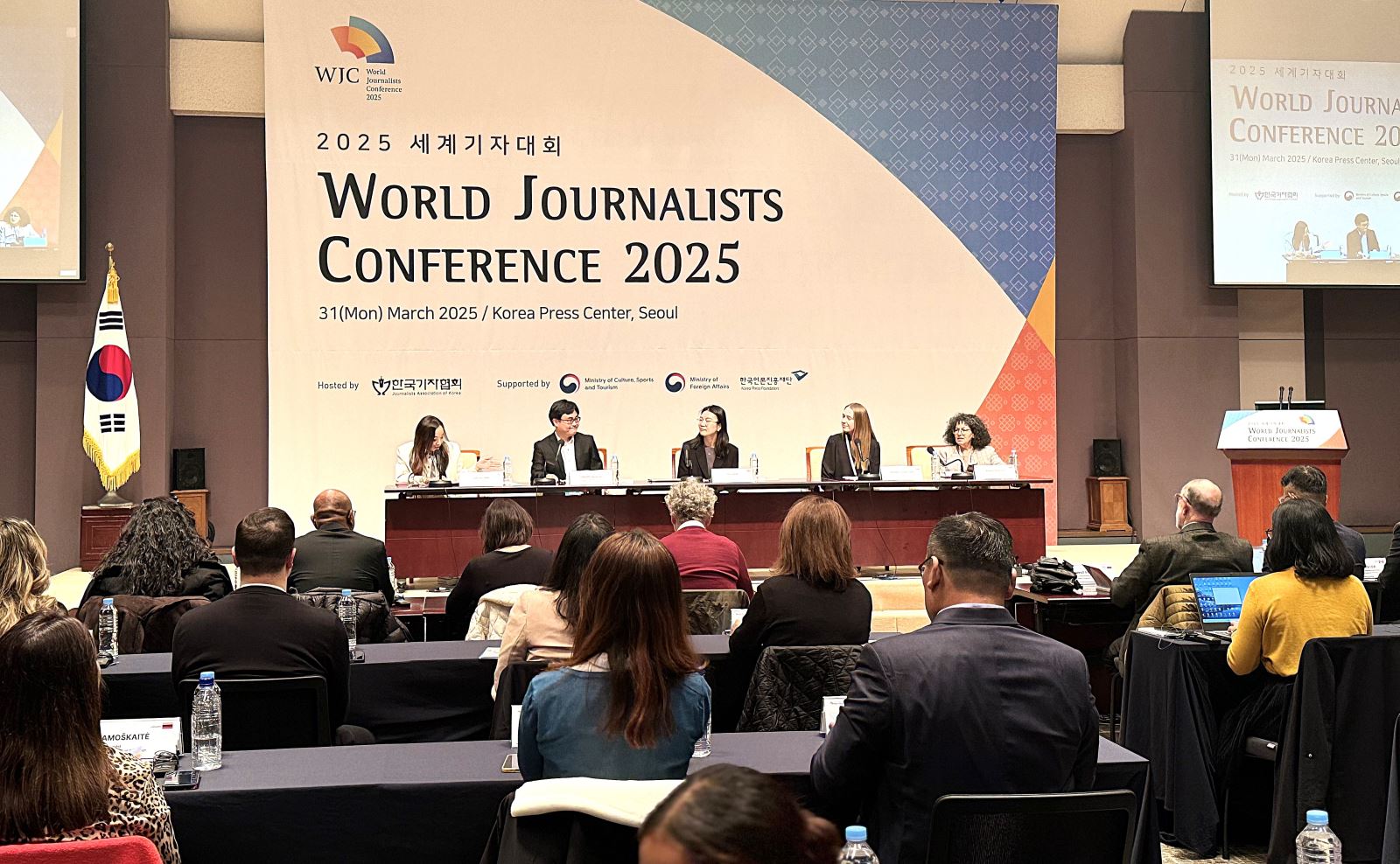

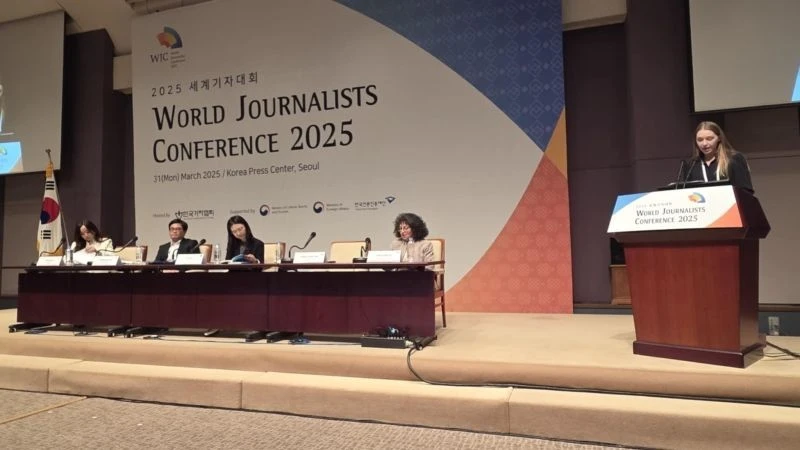

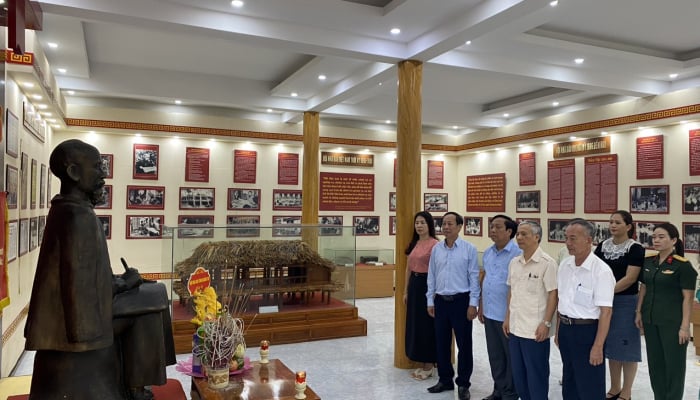


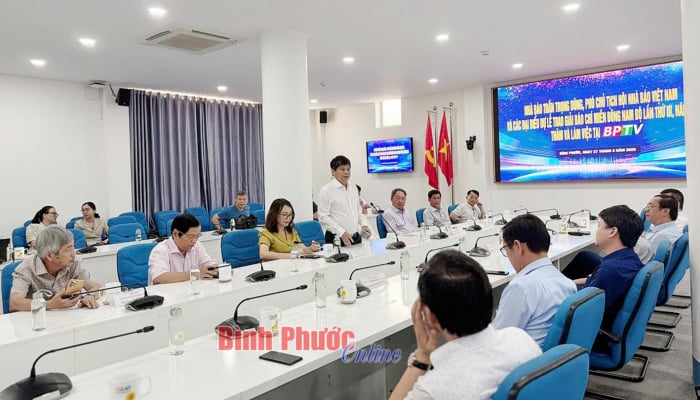
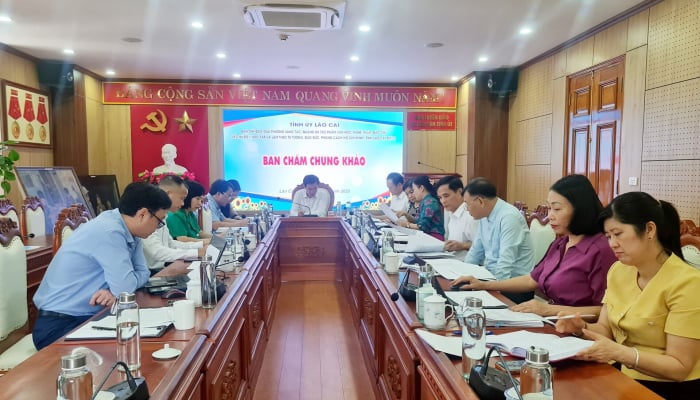

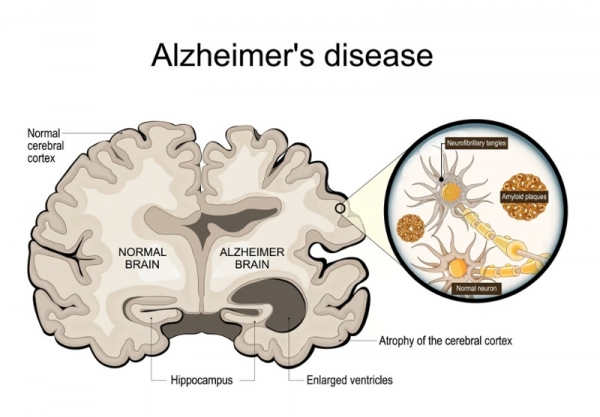


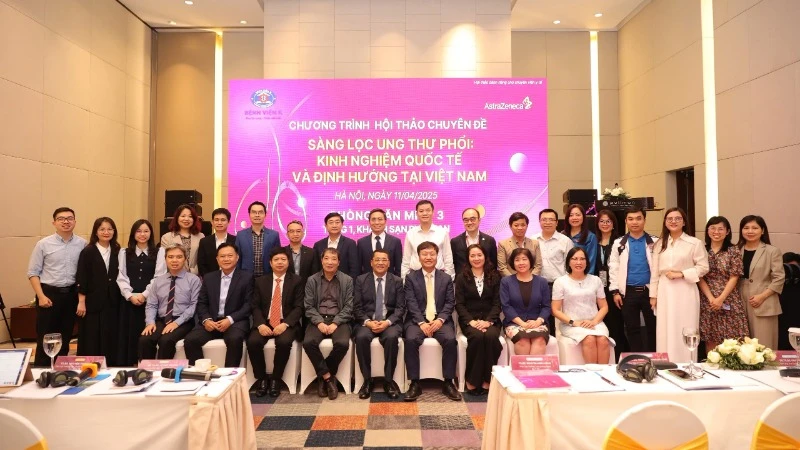
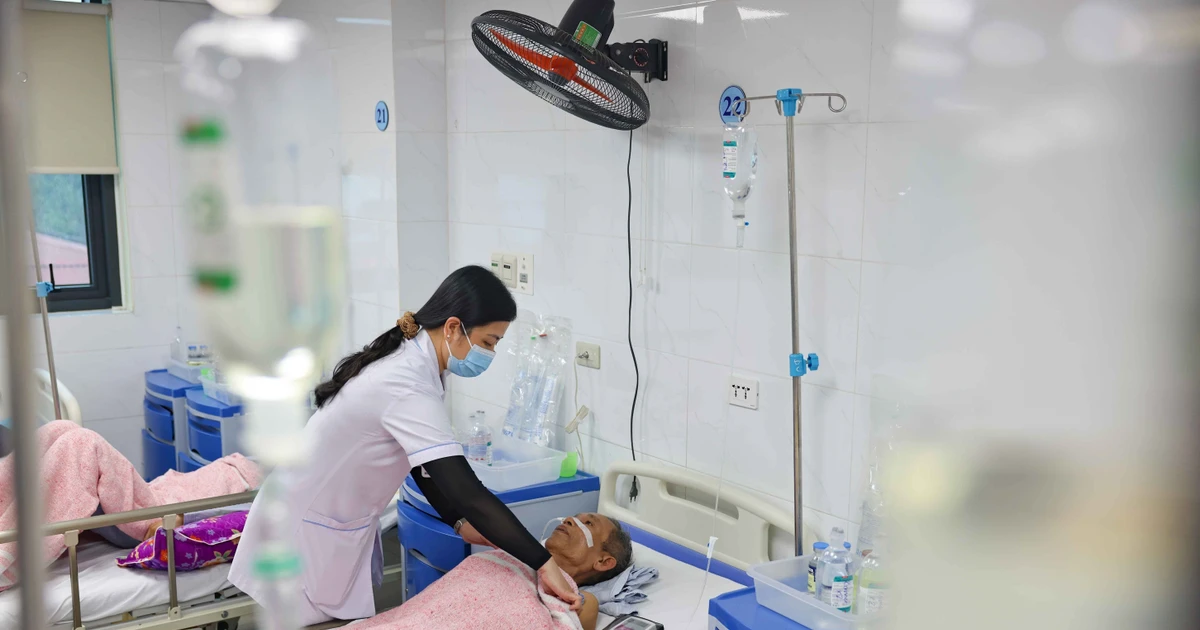





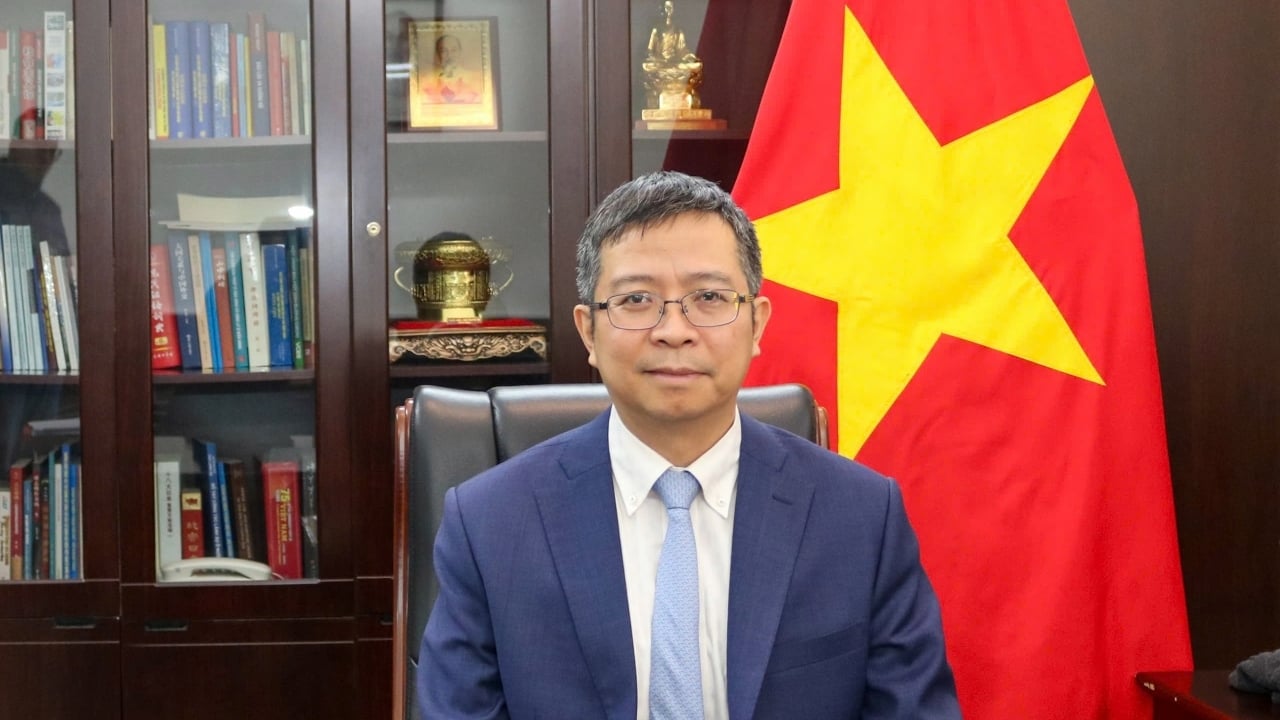

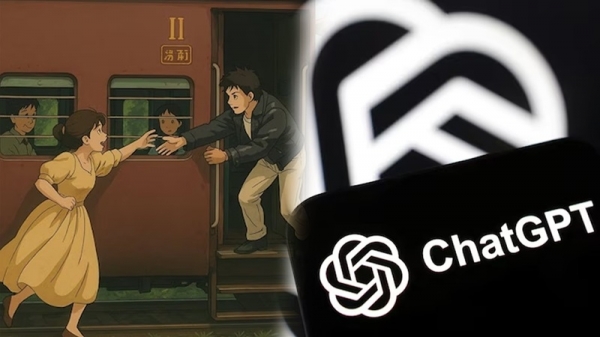
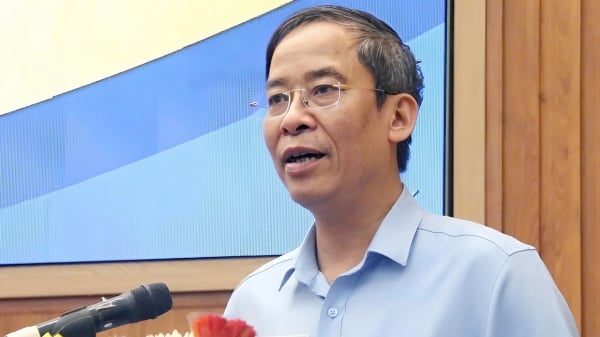































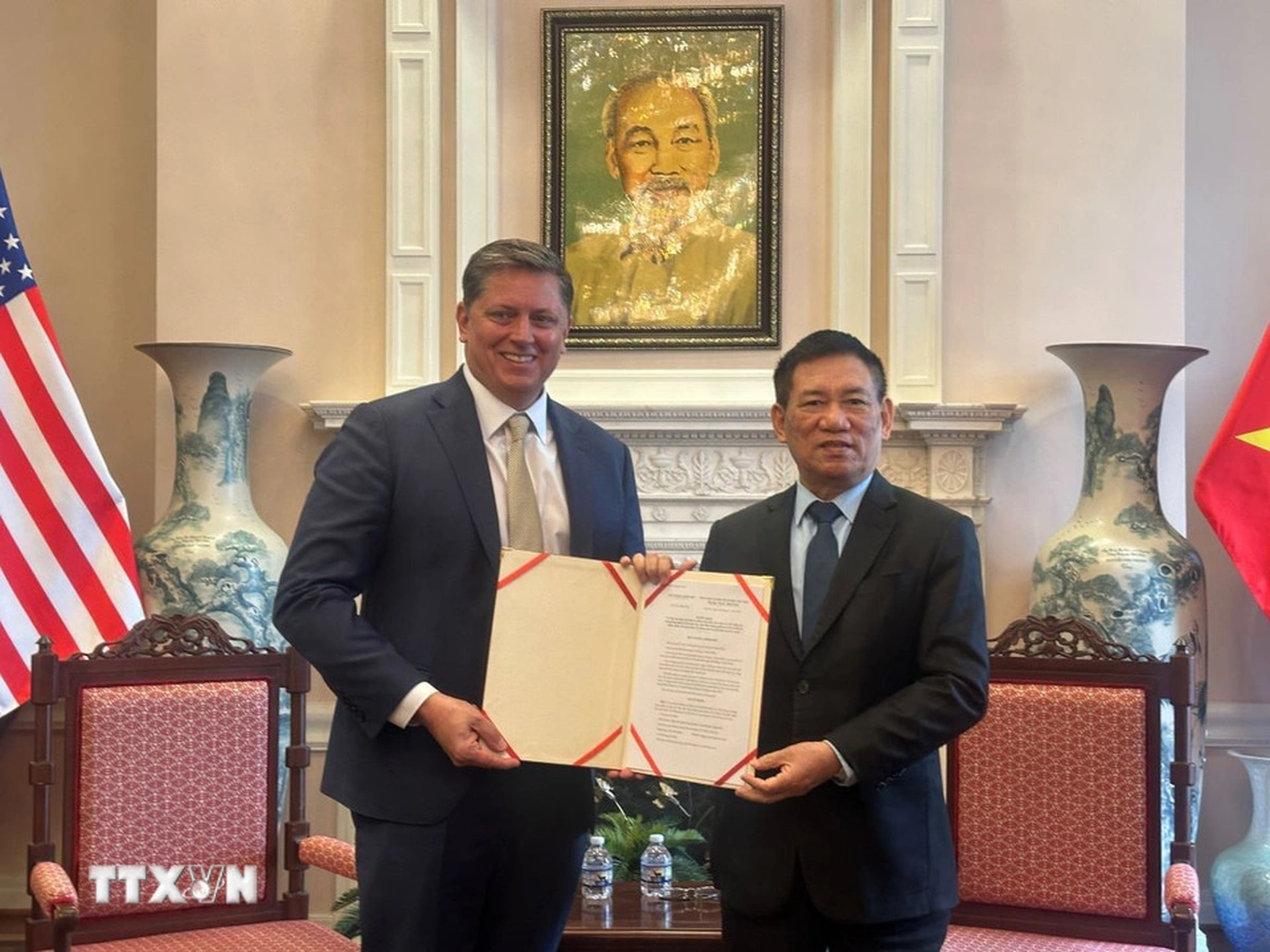
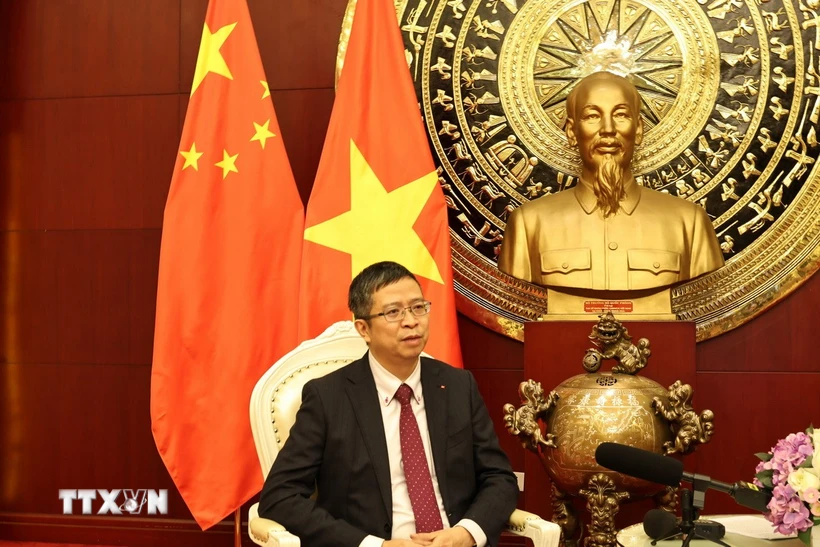
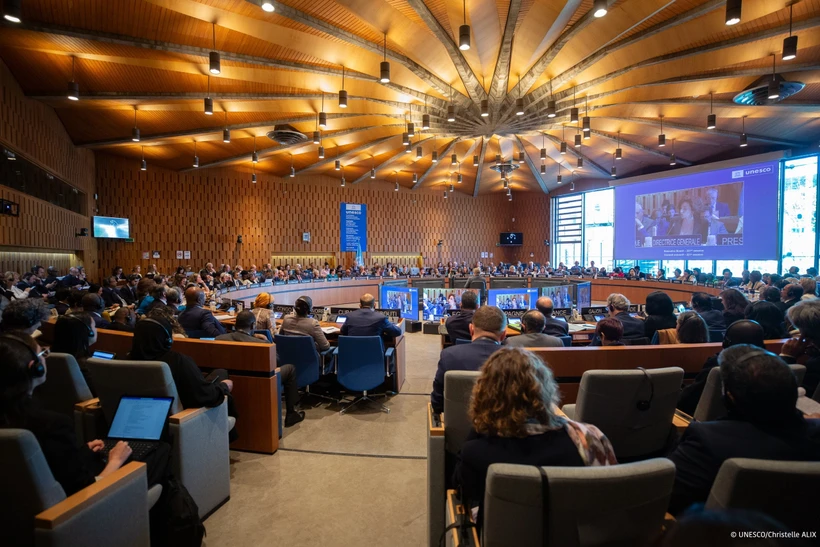
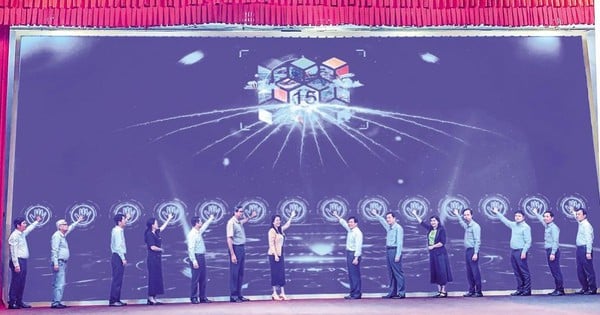

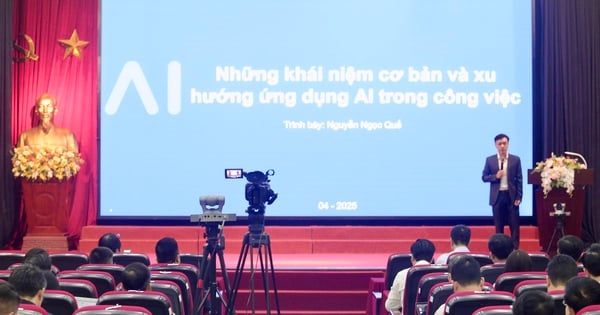

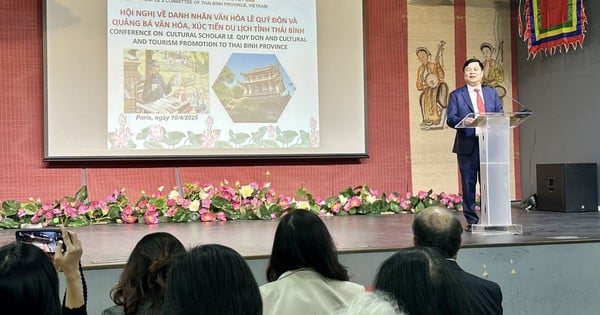
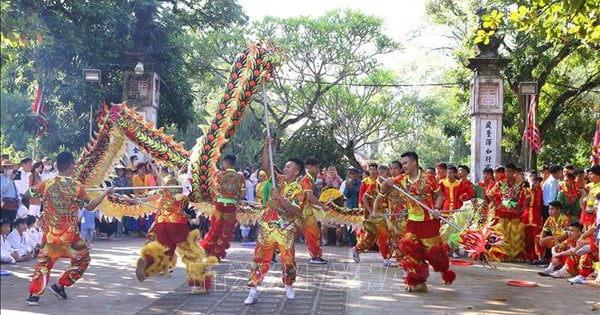

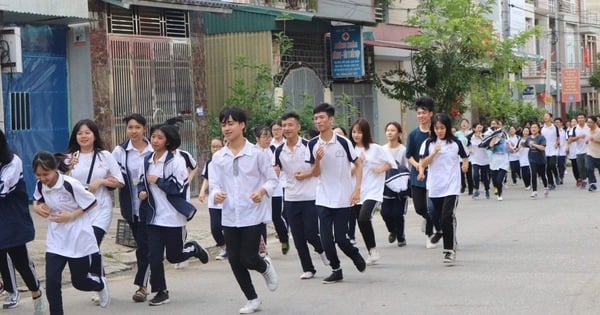
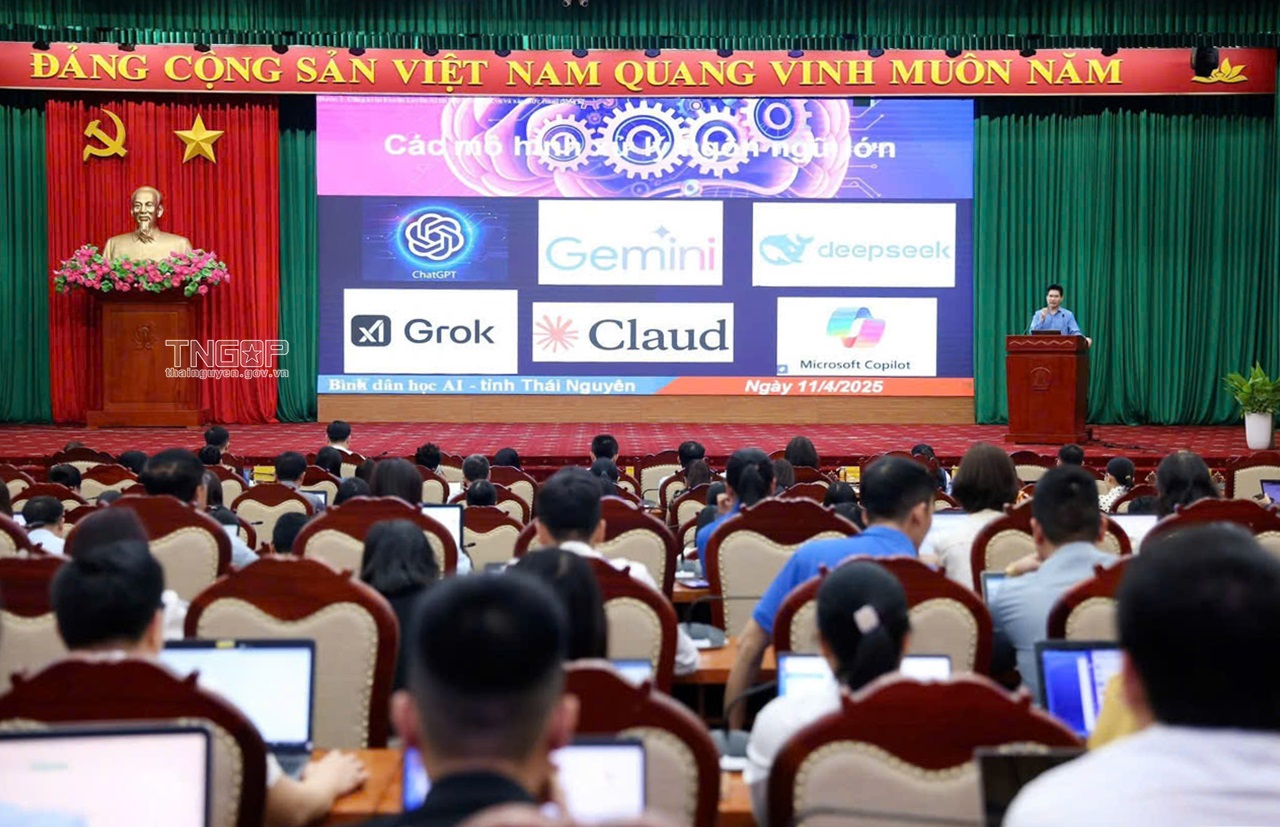
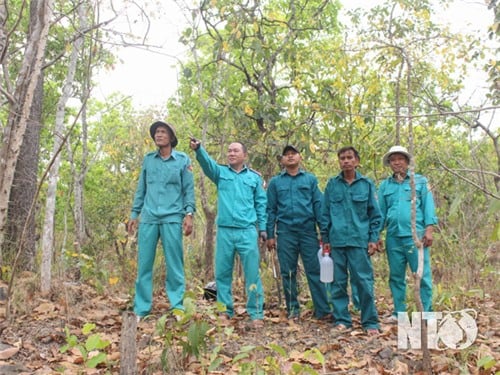

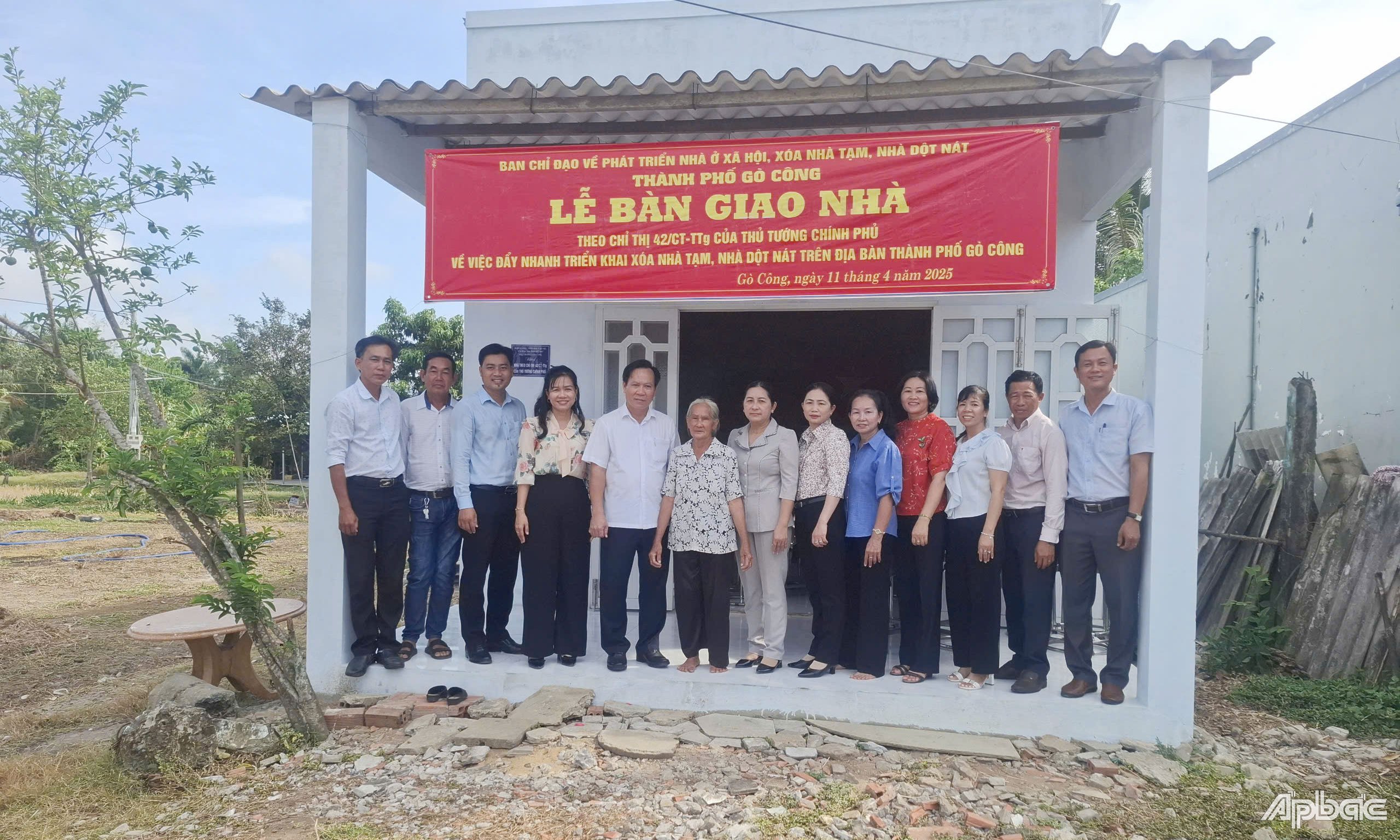



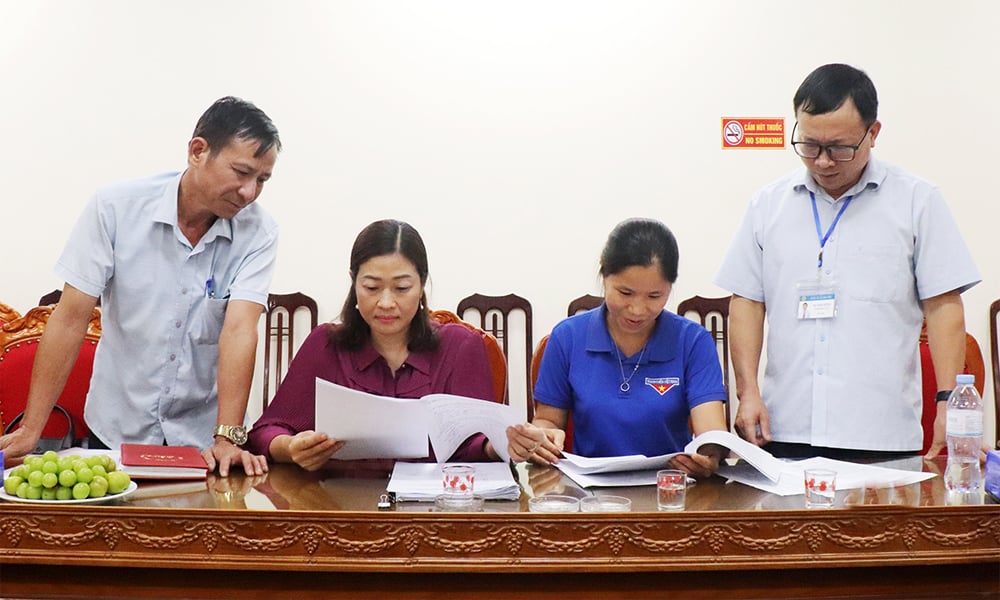

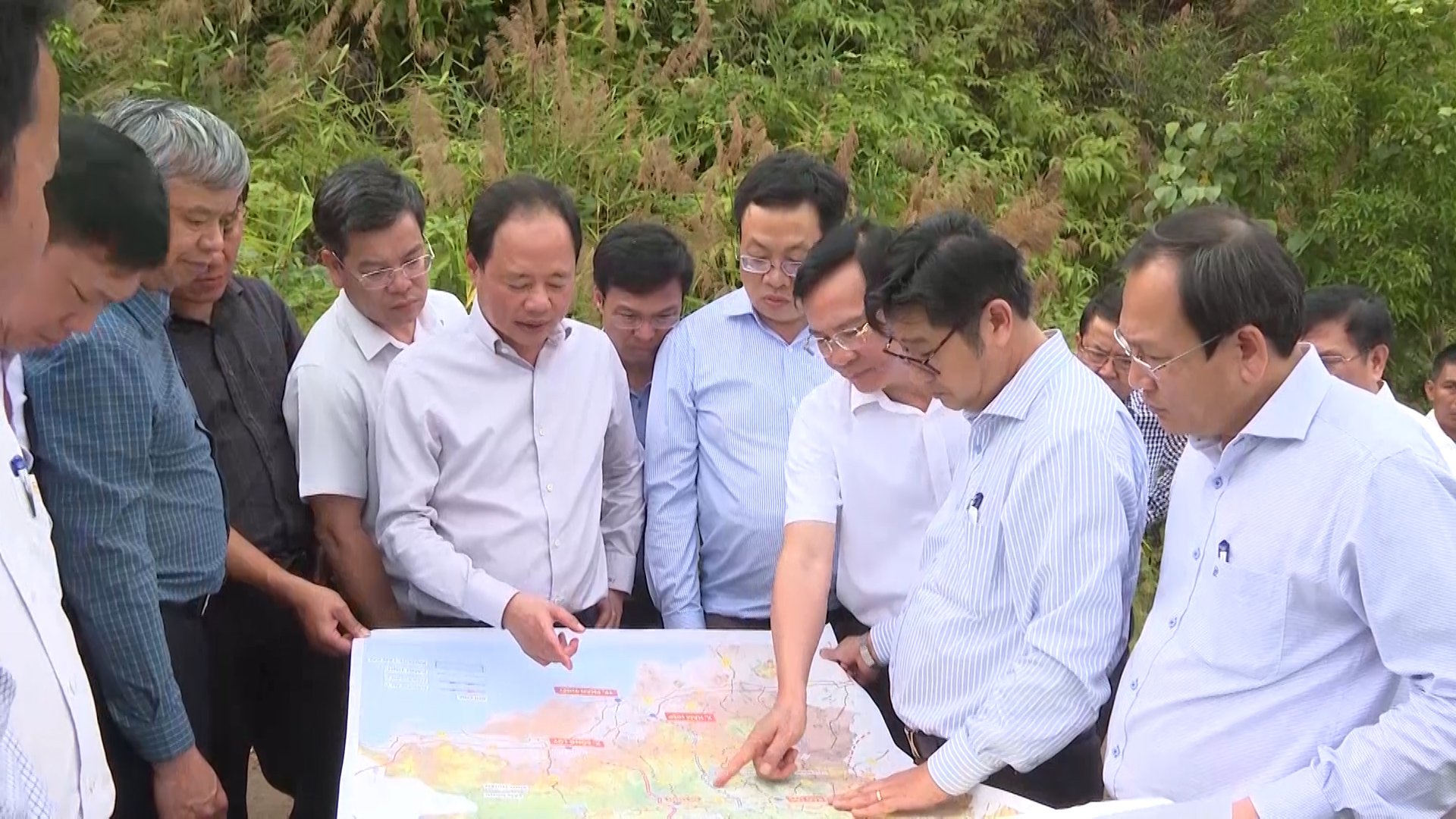












Comment (0)